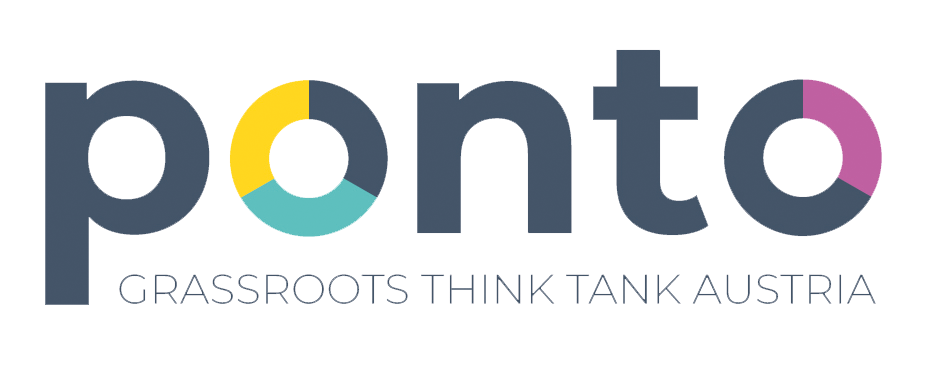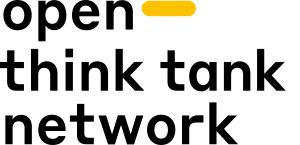
Ponto is embedded in the «Open Think Tank Network» which emerged out of the «foraus global» project. The network strives for the creation, development and cooperation of open think tanks around the world. We use innovative crowdsourcing methods and grassroots structures, creating a participative platform to create opportunities to participate in political debates outside of traditional fora. We thereby democratize the shaping of international policy. All member organizations of «Open Think Tank Network» share the common goal of developing constructive, coherent and future-oriented policy solutions with the objective of fostering a culture of open debate and discussions around highly relevant issues in international affairs. Member organizations of «Open Think Tank Network» are non-partisan and committed to analytical methods to produce the most innovative policy suggestions. Our agenda is global and we are looking for partners and co-founders from all continents.
More information:
- The letter of intent signed by all members of the network
- An article about foraus global for On Think Tanks: foraus global: The Tinder for foreign policy enthusiasts
- A short portrait of our ambitions has been published by a major Swiss newspaper (in German)
- Please contact us on: global@foraus.ch
OTHER MEMBER ORGANISATIONS
Even though a lot of future member organizations are still in the process of setting up their organizational structures, our global network already has several existing member organizations in Austria, Switzerland, Germany, France and the United Kingdom. Working groups and task forces in Belgium, Israel, Macedonia and Italy are already discussing to establish an open think tank model in their respective countries. Furthermore, in February 2017, a group of ten foraus members has been participating in a research trip to the United States, paving the way for an open think tank in New York, Washington D.C, and/or Boston. If you are interested in our model and could imagine becoming active in your country, please contact us!
![]() foraus (Switzerland)
foraus (Switzerland)
foraus (Swiss Forum on Foreign Policy) generates independent, high-quality recommendations for foreign policy decision-makers and the public, thereby bridging the gap between academia and politics. Its non-partisan approach aims to promote an open dialogue and informed decision-making on all aspects of Swiss foreign policy. foraus is a grassroots organization. Its success as a think tank is based on its members’ voluntary commitment. Members are primarily graduates and young professionals, active in a nationwide network of young researchers and foreign policy enthusiasts. The think tank was founded in 2009 and has since become a major civil society actor in the field of foreign policy.
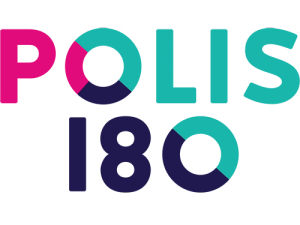 Polis180 (Germany)
Polis180 (Germany)
«Polis180» was the first spin-off of foraus. Polis programmes create innovative debating formats that enable a better discussion of the questions that bother us most. Whether by organizing a «speed-dating» session with politicians or a crisis simulation with decision-makers, the aim is to inspire a German and international audience with fresh ideas. An integral part of the Polis programmes is that members themselves develop policy recommendations, which are then published on the Polis Blog or as a Polis Paper. All the analyses are done according to acknowledged academic standards, yet they are also written in an accessible way so as to reach and convince a wider audience. What’s more, the members also benefit from workshops and networking events for personal and professional development. Recently, «Polis180» was ranked No. 8 of the «Best New Think Tanks 2016» worldwide by the University of Pennsylvania.
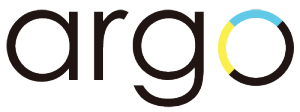 Argo (France)
Argo (France)
In the European super election year 2017, foraus’ and Polis180’s new sister think tank, «Argo», sets foot in France. Argo is set out on March 23rd with their official launch press conference, in Paris. Offering an alternative form of political expression for the 21st century, Argo pools policy ideas and expertise through a crowdsourcing platform, following the foraus model, allowing individuals regardless of age or profession to have a hand in shaping the policies that affect their lives. Through its outreach branch, the think tank actively reaches out to those voices across society (in schools, religious groups, unions, and associations) that are hardest to hear, and working to make policy challenges accessible in exchange for experience and inspiration, for stories and ideas. These exchanges in turn inform the think tank’s policy outputs. This exchange reduces the gap between policy and people and gives leverage for Argo to place their policy proposals with decision makers. Argo describe themselves as inclusive, fact-based, global, and optimistic. Sourcing and delivering innovative policy ideas and revitalising the public debate in this way, the think tank offers a means of democratic expression not beholden to party politics or to the electoral calendar.
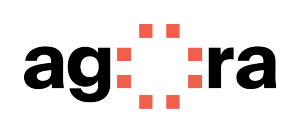 Agora (United Kingdom)
Agora (United Kingdom)
Agora describes itself as the UK’s open forum for foreign policy. It provides a platform for people who are knowledgeable and passionate about international affairs. The aim is to create and grow a community that combines the intellectual rigour of academia with the professional standards of a think tank. Agora supports their members in developing ideas and empower them to influence foreign policy outside of the conventional channels. It works to produce informed, creative, and pragmatic foreign policy proposals. Through their blogs, briefings, reports, and events we allow a wide range of voices to participate in the key debates on the future of international relations. Agora launched in London in November 2017. You can find out more about their work by visiting their website and social media channels.
Mosaik: Brussels Hub & Think Tank
The foraus branch in Brussels used to focus mostly on Swiss foreign policy issues related to bilateral relations between Switzerland and the European Union (EU). Mosaik is planning to become a more independent organization with a broader focus. The agenda will mainly focus on the future of the European Union and the EU’s relations with third country actors. Ultimately, our Brussels branch wants to introduce a more participatory approach to the vast think tank landscape of Europe’s capital.
Information on how to get in touch with the organizers of the Open Think Tank Forum can be found here.
